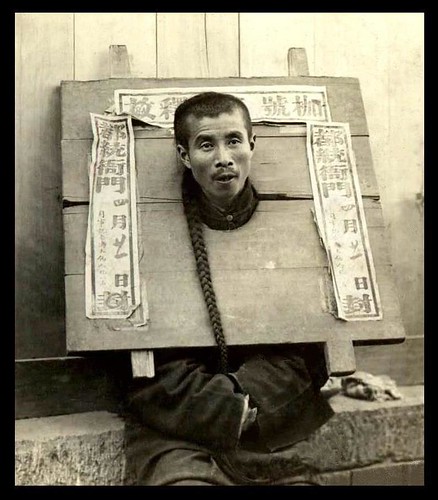Beatriss kept her word.
A month after the disastrous first expedition, she set out again to fulfill her promise to the guards of the House of Mehwa—to find and recover the body of their fallen master from the spider-haunted forest. This time the party was smaller: the dead man’s son-in-law, a priest of the Imperial Temple, and several loyal guards who carried both grief and duty in equal measure.
They met in the Outer City of Khanbaliq, where soldiers, traders, and pilgrims crowded the narrow streets between earthen walls. As they prepared to leave, a monk from the Monastery of the Two-Fold Path approached Beatriss. His robes were travel-stained, his manner urgent but respectful. He said he sought a foreign warrior monk named Gwinch, and had learned that Gwinch’s household lay within the Middle City—the same compound where Beatriss herself now lodged. The monk asked the party to turn back and escort him there before continuing on their mission.
It was an inconvenient request, but Beatriss agreed. The detour delayed them half a day. She guided the monk through the southern gate, across the canal bridge, and to the walled quarter where Gwinch kept his residence among other foreigners and mercenaries in imperial service. Gwinch received the monk courteously. Beatriss left them together and returned to her companions outside the city walls. She told herself it was a small thing—yet she could not shake the sense that she had set something in motion.
The road to Jangze was rough with thawing mud. They passed the ruined monastery in the western hills, where a skirmish crackled among the stones. Beatriss looked once, then rode on. Later that day they met six men stumbling north in terror. They spoke only of shapes in the branches and would not stay to explain.
By dusk they reached the Spider Forest. The priest performed his divination, locating the remains among three silk-bound cocoons hanging high in the canopy. None could tell which body was Lord Mehwa’s.
While the guards debated how to reach them, a voice called from the shadows—calm, amused, familiar.
Omesa.
He stepped into the fading light, dressed in rough traveler’s clothes, smiling as though their reunion were inevitable. He offered to climb the tree himself, claiming he could move unseen by the spiders. Without argument, Beatriss handed him her sword.
He climbed like a shadow through the limbs. When he called for help, she followed, boots slipping on the slick bark, the smell of silk and decay thick around them. Below, the guards stood watch. A spider as large as a horse dropped from the canopy, scattering them. The priest shouted a warning and rolled aside; the others speared the creature through its belly until the green ichor hissed on the leaves.
When the noise faded, Omesa and Beatriss were already cutting the cocoons free. Three bodies struck the ground heavily. The priest identified one by its armor as Mehwa. The others were strangers. The living stripped the dead—coins, weapons, a robe that seemed untouched by time—and the priest recited the rites for all three.
By nightfall they had cleared the forest. Omesa asked to accompany them back to Khanbaliq, and Beatriss, tired and unguarded, agreed. They camped together in the hills east of the chasm, where the wind smelled of ash and cedar.
There they met another wanderer: a gaunt man in an iron yoke, a debtor escaped from the mines. He begged for food and freedom, promising service in return. Beatriss fed him, and in the morning broke the lock. He swore to serve for a year before seeking his home in the Kobar Valley.
When they returned to Khanbaliq, Gwinch received Omesa as a guest and took the freed prisoner into his household as a servant. The priest declared the mission complete, and the Mehwa guards departed.
Beatriss said little. She had kept her promise, but her dreams were restless. The monk, the fox, the forest—each had found its way inside the walls.



.png)
No comments:
Post a Comment